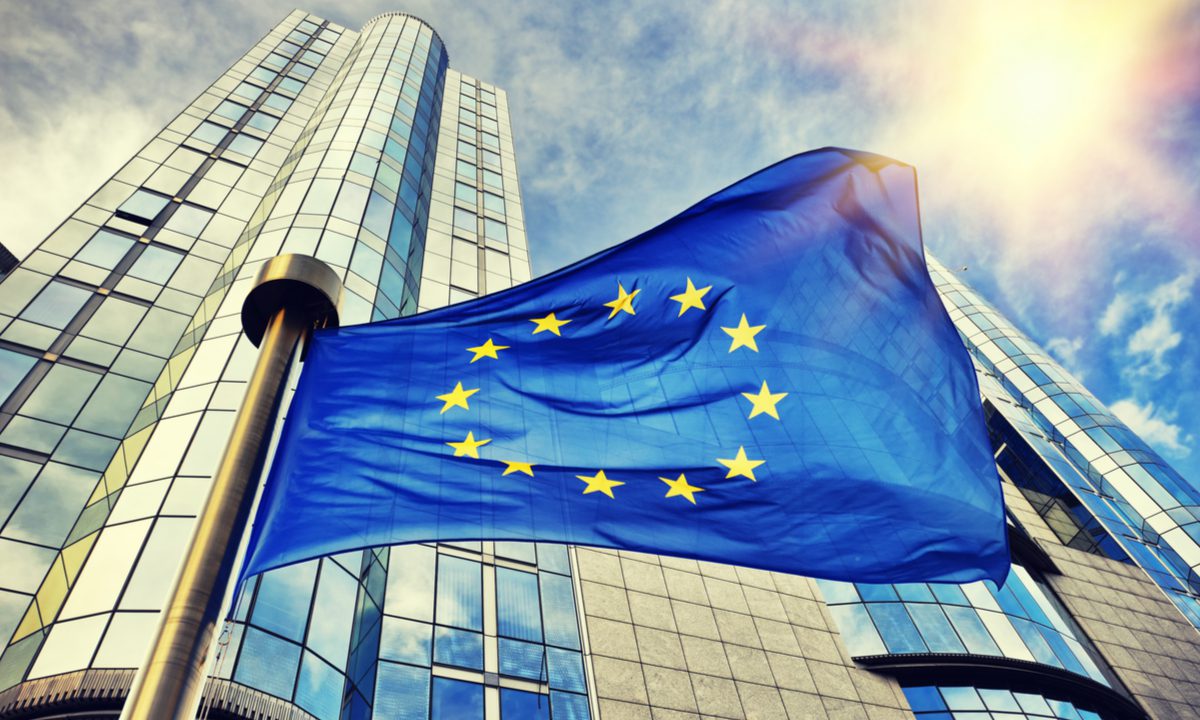
Brussels was in shock Tuesday as American economist Fiona Scott Morton decided not to take up a key job at the heart of the European Union due to intense backlash from prominent politicians in the region.
The news that the Yale professor would not accept the job of chief competition economist, a prominent role within the team of Margrethe Vestager, the EU’s competition chief, caused an uproar amongst members of the European Parliament and the French government.
Fench President Emmanuel Macron had described the nomination of Scott Morton, a non-European who had previously consulted some of the world’s largest technology companies, as “extremely worrying”. The President had suggested that the region would be better off if they found a “great European” to serve in this sensitive post.
In a statement released Tuesday, Scott Morton said: “Given the political controversy that has arisen because of the selection of a non-European to fill this position, and the importance that the Directorate General has the full backing of the European Union as it enforces, I have determined that the best course of action is for me to withdraw and not take up the Chief Economist position”.
The role had seen Scott Morton to contribute to antitrust investigations against large US companies as Brussels steps up its action against big tech. Her decision not to take the position was accepted by Vestager with regret and full respect for her integrity.
Politicians from within the EU had fearful of any potential conflict of interest that Scott Morton may have had because of her prior experience working for technology giants such as Apple and Microsoft.
French ministers had criticized the decision to appoint Scott Morton last week, while Jean-Noël Barrot, France’s minister delegate in charge of the digital transition and telecommunications, said via Twitter: “At a time when Europe is embarking on the most ambitious digital regulation in the world, the recent appointment of the chief economist of the DG [directorates-general] Competition is not without raising legitimate questions.”
MEPs from the ECON Committee had mixed reactions to Scott Morton’s withdrawal. Phillipe Lamberts, Co-president of the Greens, withdrew his criticism on Sunday, recognizing his concerns had been addressed after speaking with Scott Morton personally. Lamberts had previously said that her expertise in competition policy would help the EU fight against excessive market power. On the other hand, MEP Stephanie Yon-Courtin praised Scott Morton’s decision as “the right one” while MEP Rasmus Andresen said it was “sad news and a problematic message to top experts from other parts of the world”.
Despite the swift backlash, the President of the Commission, Ursula von der Leyen, has defended the decision to nominate Scott Morton, stating that her background should be considered an asset rather than a liability.
Read more: Vestager’s Decision To Hire American Economist Faces Backlash
Emmanuel Macron had insisted that conflicts of interest rules and ethical considerations should have dissuaded the European Commission from appointing a non-European citizen to head the competition division. Macron had remarked: “I think that Europeans need to develop European skills, to have autonomy, and when I say strategic autonomy, I mean autonomy of thought. So you have to train minds, you have to use them and you have to acknowledge them, you have to give them a role and then you have to draw the consequences, and so this is not necessarily the most coherent decision in this respect.”
Scott Morton’s decision to withdraw from the chief economist role has created a major headache for the Commission and the EU. The region has been working on curbing its dependence on outside powers, such as the US and China, and the European education system has come under intense scrutiny due to the failure to find a suitable European candidate for the role.
The news has sparked conversations around the power and influence of Big Tech in Europe, as well as the lack of strategic autonomy for the region. These conversations will certainly have lasting implications for the EU.
Source: CNBC
Featured News
Big Tech Braces for Potential Changes Under a Second Trump Presidency
Nov 6, 2024 by
CPI
Trump’s Potential Shift in US Antitrust Policy Raises Questions for Big Tech and Mergers
Nov 6, 2024 by
CPI
EU Set to Fine Apple in First Major Enforcement of Digital Markets Act
Nov 5, 2024 by
CPI
Six Indicted in Federal Bid-Rigging Schemes Involving Government IT Contracts
Nov 5, 2024 by
CPI
Ireland Secures First €3 Billion Apple Tax Payment, Boosting Exchequer Funds
Nov 5, 2024 by
CPI
Antitrust Mix by CPI
Antitrust Chronicle® – Remedies Revisited
Oct 30, 2024 by
CPI
Fixing the Fix: Updating Policy on Merger Remedies
Oct 30, 2024 by
CPI
Methodology Matters: The 2017 FTC Remedies Study
Oct 30, 2024 by
CPI
U.S. v. AT&T: Five Lessons for Vertical Merger Enforcement
Oct 30, 2024 by
CPI
The Search for Antitrust Remedies in Tech Leads Beyond Antitrust
Oct 30, 2024 by
CPI